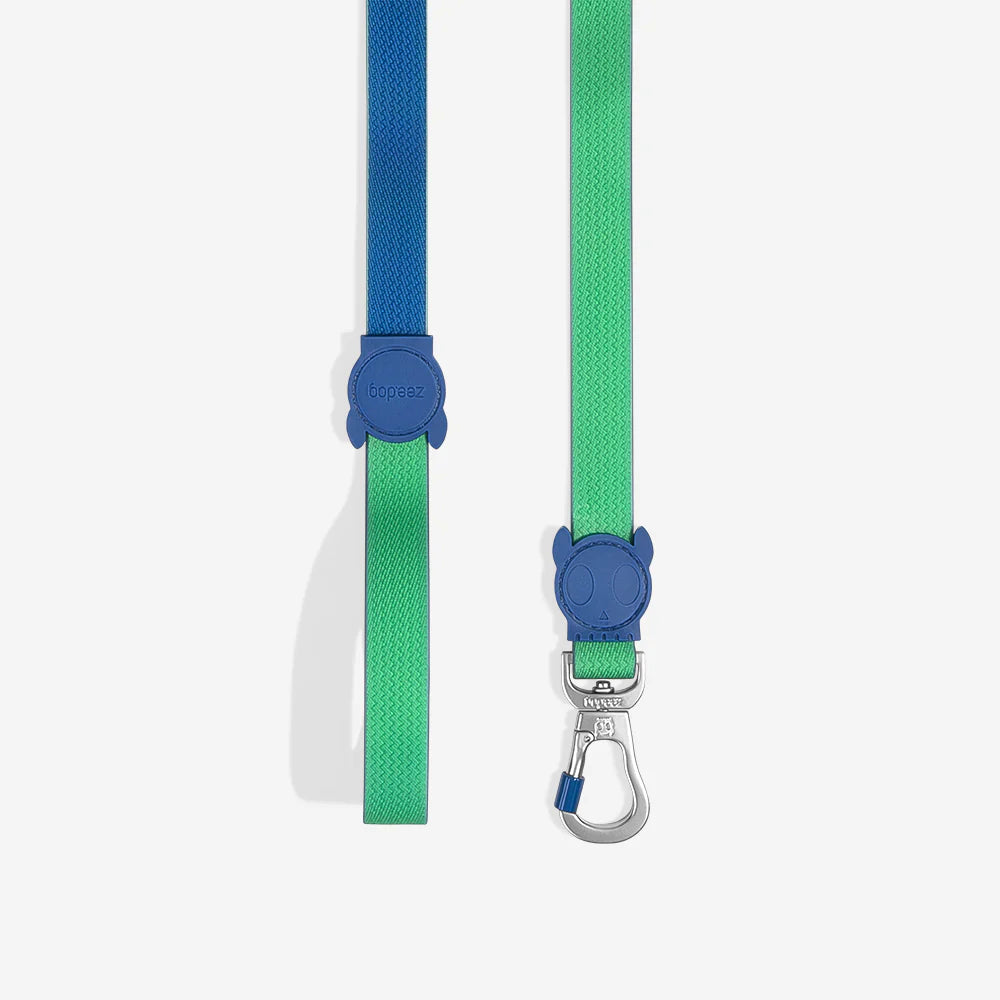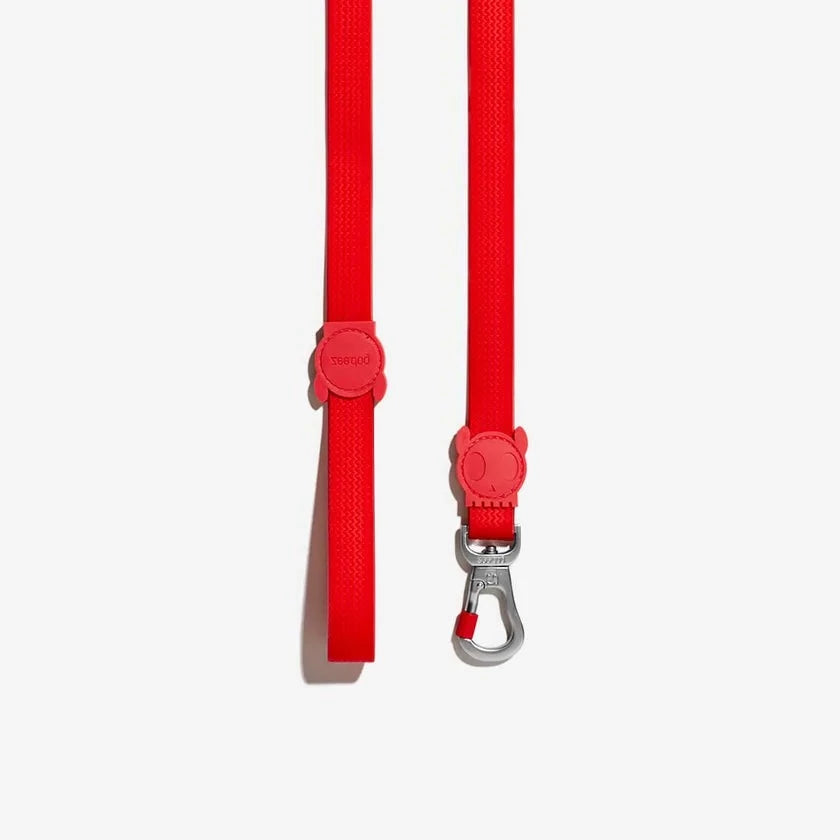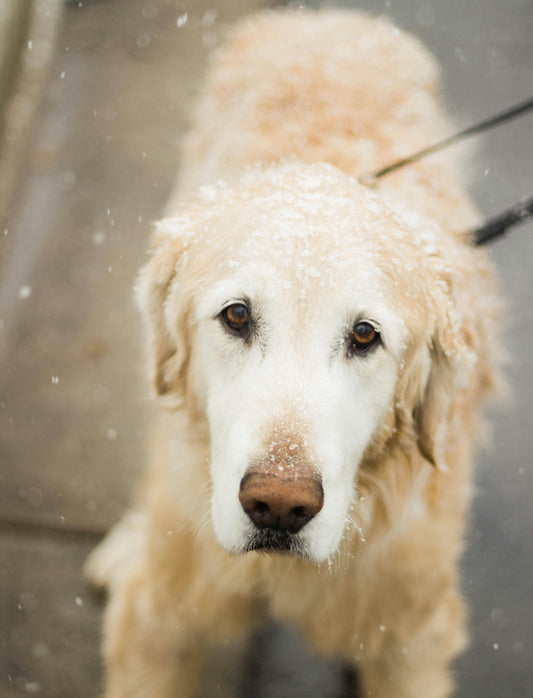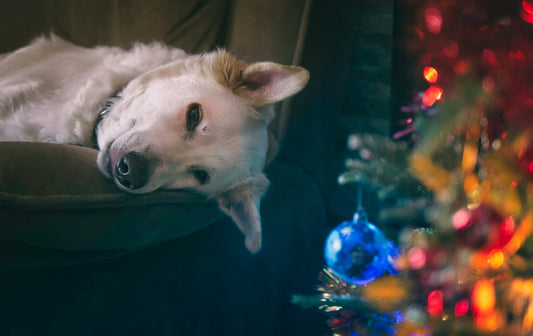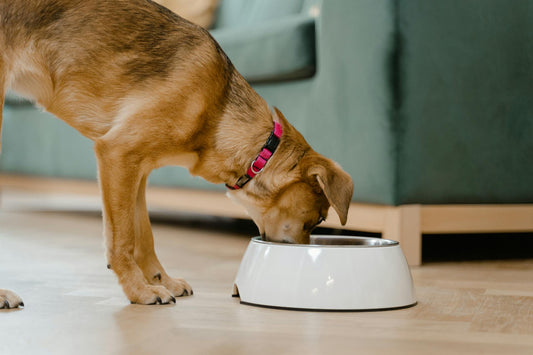Dogs are known for their wide range of vocalizations, including barking, whining, and, of course, howling. While the exact reasons for why dogs howl can vary depending on the individual dog and the situation, there are several common reasons why dogs engage in this behavior:
Communication: Howling is one way that dogs communicate with each other over long distances. In the wild, howling serves as a means of communication between pack members, allowing them to stay in contact and coordinate their movements.
Social Bonding: Howling can also serve as a form of social bonding among dogs. In domestic settings, dogs may howl in response to hearing other dogs howling nearby, even if they're not part of the same household. This behavior helps reinforce social bonds and maintain a sense of connection with other dogs in the area.
Expression of Emotion: Dogs may howl as a way of expressing their emotions, including excitement, loneliness, or anxiety. For example, a dog may howl when they're feeling lonely or anxious, especially if they're left alone for extended periods.
Attention-Seeking Behavior: Some dogs may howl as a way of seeking attention from their owners. If a dog feels ignored or wants something, such as food or playtime, they may resort to howling as a way of getting their owner's attention.
Response to Stimuli: Dogs may howl in response to certain stimuli, such as sirens, music, or other loud noises. This behavior is often a form of instinctual response, as dogs may perceive these sounds as potential threats or as a cue to join in the vocalization.
Genetic Predisposition: Certain breeds of dogs are more prone to howling than others due to genetic factors. Breeds such as Beagles, Huskies, and Coonhounds are known for their propensity to howl, as it was a trait that was selectively bred for specific purposes, such as hunting or communication.
It's important to note that while howling is a natural behavior for dogs, excessive or prolonged howling may indicate underlying issues, such as anxiety, boredom, or medical problems. If your dog's howling becomes problematic or concerning, it's best to consult with a veterinarian or professional dog trainer to address the underlying cause and develop a plan for managing the behavior effectively.


